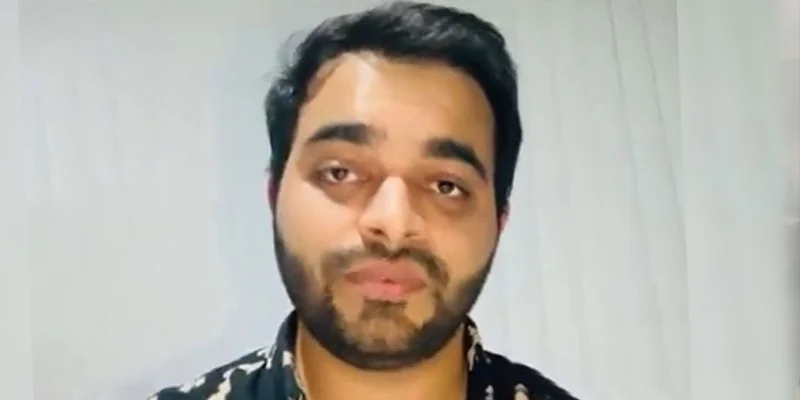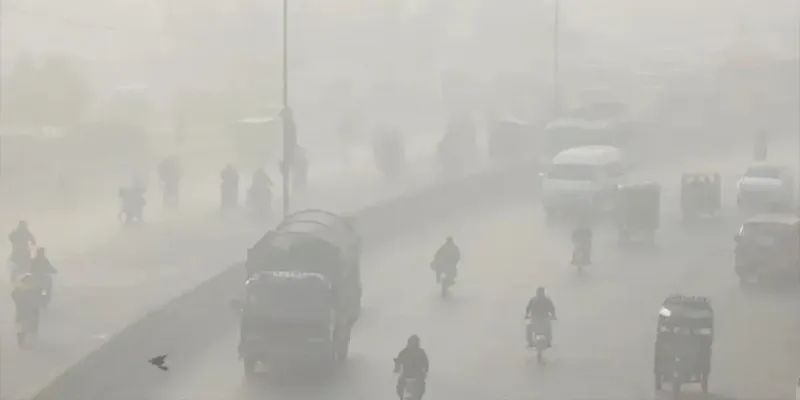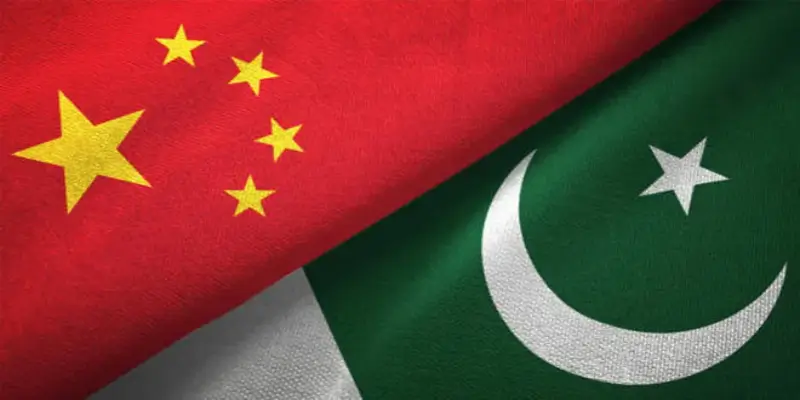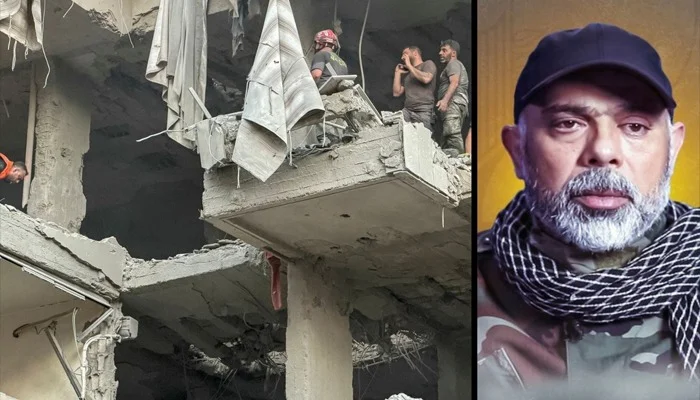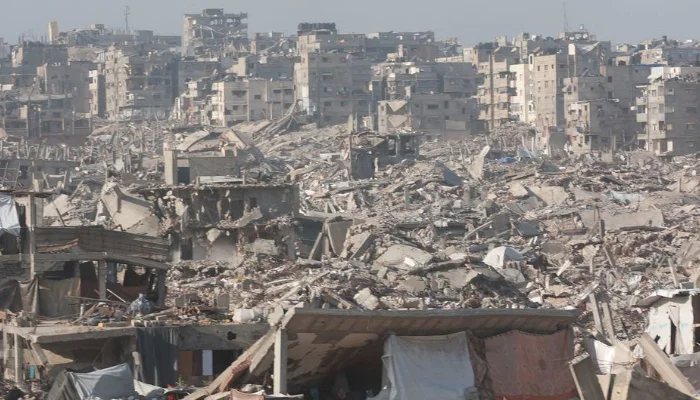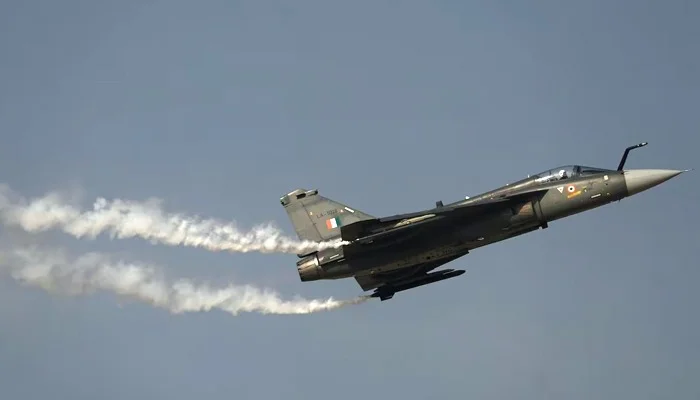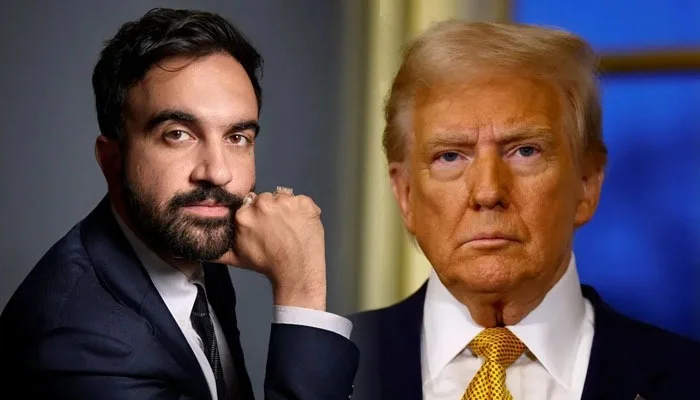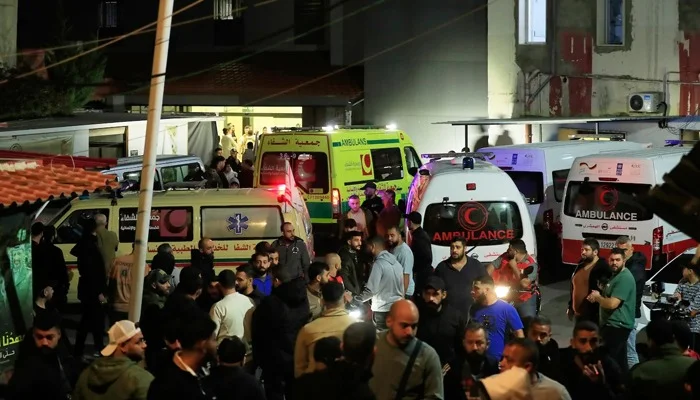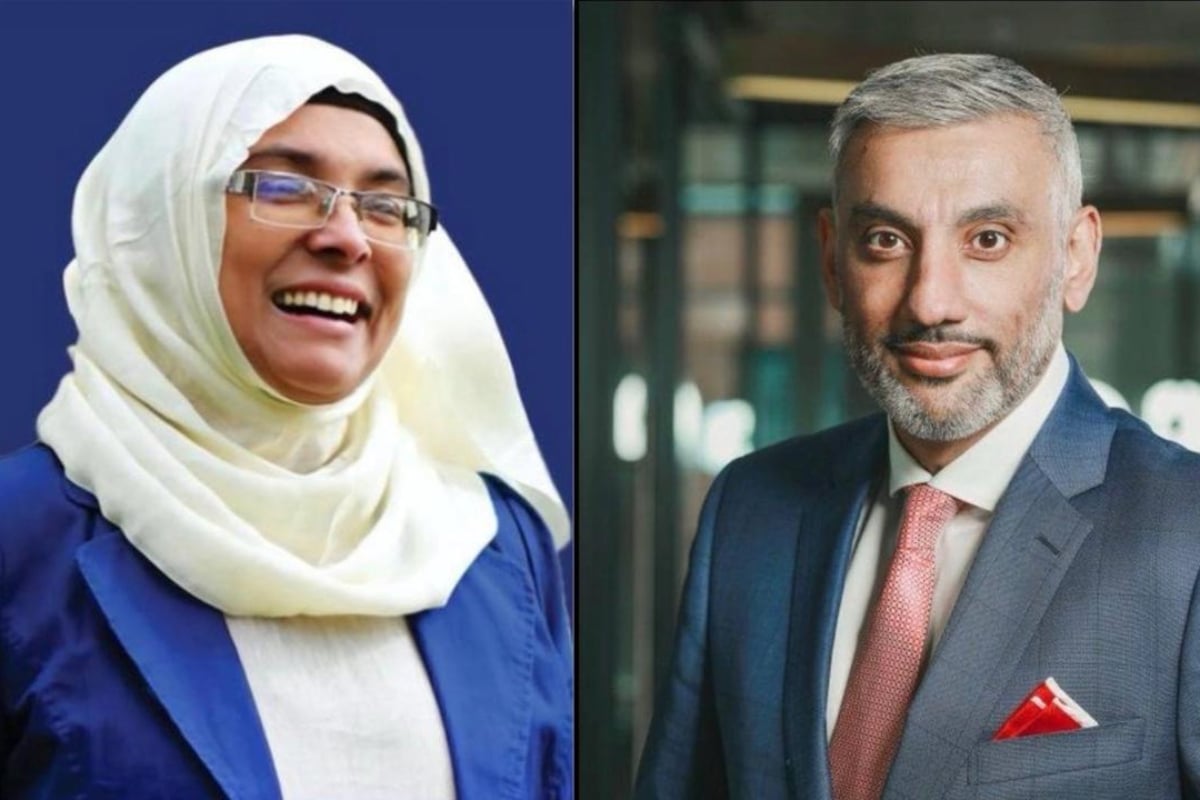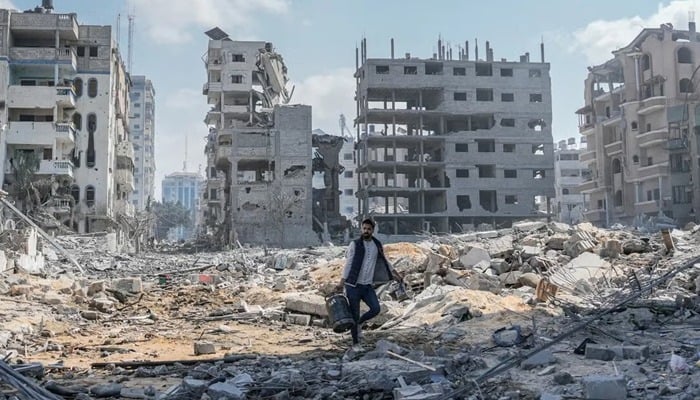- Iran’s government has repressed protesters for months.
- Some activists and academics see this as a desperate attempt to quell clerical dissent.
- The first documented executions of protesters provoked an uproar.
Iran’s government has repressed protesters for months. Some activists and academics perceive this as a desperate attempt to quell the dissent that has challenged the ecclesiastical regime.
The first documented executions of protesters provoked an uproar from Western governments and human rights groups, but those participating or watching from afar were not surprised.
Saeed, a 30-year-old company owner from Tehran who supports the protests on social media, stated via voice note,
“They want to create dread for the individuals participating.” NBC News identifies him simply by his first name to avoid regime punishment.
Families discourage their children from protesting because “they want to show the public that their acts won’t go unpunished”
Mizan, a judiciary-run news service, reported that a man was publicly hanged in Mashhad on Monday. Majidreza Rahnavard was accused of “waging war on God” after stabbing two pro-government Basij militia members in the northeast. Human rights groups and Western countries allege Iran’s courts hold secret sham trials.
A week ago, Iran hanged Mohsen Shekari for blocking a road and stabbing a pro-government militia member.
Human rights groups say 12 others have been sentenced to death.
Abbas Milani, director of Stanford’s Iranian studies program, said the regime is fighting for its existence. Previously, the administration was “busy containing” protesters, he said. Now they must instill dread.
Iran hanged 314 individuals last year, second-most in the world after China, according to Amnesty International.
Many activists and commentators believe the Islamic Republic is using the death sentence to intimidate marchers into silence after other tactics failed to stop the largest surge of dissent since its 1979 revolution.
Ali Ansari, an Iranian history professor at St. Andrews University in Scotland, remarked, “This is their normal playbook.” This time, “they’re pushing faster to kill demonstrators with bogus trials that even their side criticizes.”
Some demonstrators say the dictatorship may be using killings to bolster its own supporters and discourage opposition by showing it will punish crimes by security forces and pro-government militia.
Saeed: “They want to show their security officers that they won’t let anyone hurt them.”
Yan, a 30-year-old Iranian aspiring filmmaker who participated in the protests, said, “Some Basij and security forces have killed, and the regime thinks it’s their obligation to take retribution.” This is the regime’s mentality. This means they will hang a protester by the neck for each security force member who dies.
Iranians at home and abroad react differently to executions. Ansari: “I’m shocked, resigned, and determined.”
Saeed stayed in bed all morning after hearing about the first execution last week. He awoke and noticed the news. “I remained silently in bed for two hours, shut off my phone, and fell back asleep from melancholy.”
Angry and reckless about jail after several died, he said.
“I was frightened of jail before these executions, but now I could handle it,” he remarked.
“There’s no gray area” between demonstrators and officials, he said. Either you’re on the side of justice or cruelty.
Saeed stated that fear brings unpredictability, which is dangerous for the regime.
“Angry and afraid is more harmful than angry,” he warned. “Fear and anger cause unexpected behavior.”
Mahsa Amini, 22, died in a hospital three days after being jailed by the country’s morality police for violating the dress code. A three-day statewide strike this month halted normal life in this 85 million-person country, and social media is pushing for another walkout this week.
Human Rights Activists in Iran report 475 deaths and 18,000 arrests. Iran’s Interior Ministry stated 200 died, including security forces.
Amnesty International’s deputy director for the Middle East and North Africa remarked following Shekari’s execution, “The Iranian authorities are bent on continuing their killing spree.” “The goal is to instill terror in the populace to cling to power and halt the insurrection.”
Amnesty said 12 protesters risk the death sentence and 5 others have been charged with death-penalty offenses. Sixth, Rahnavard.
Many surprises claim they won’t be deterred by judicial killings.
Yan: “Revolutions have repercussions; we must pay for freedom.” “Unfortunately, lives are lost.”
[embedpost slug=”iran-claims-four-security-forces-killed-near-border-with-pakistan”]


